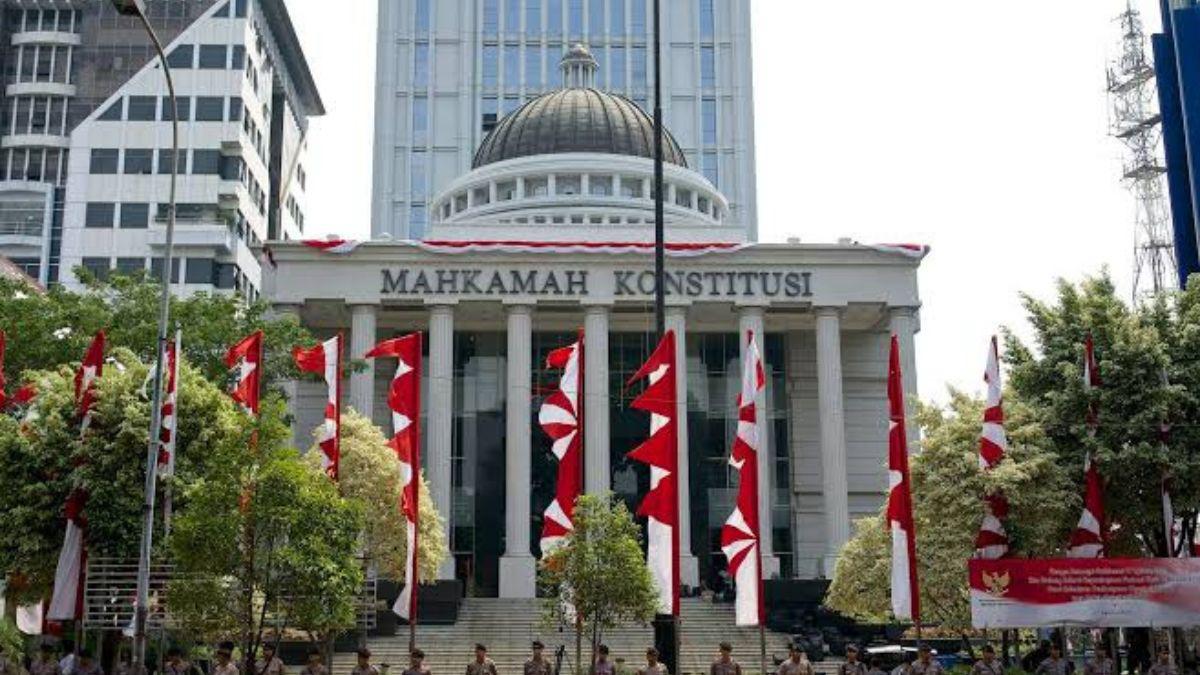In a landmark decision with profound implications for Indonesia’s political landscape, the Constitutional Court has ruled to eliminate the electoral threshold for the upcoming local elections. This ruling marks a significant shift in the country’s electoral regulations and could reshape the dynamics of local political contests across Indonesia.
The court’s decision, announced on Tuesday, removes the previously enforced minimum vote threshold required for candidates or parties to participate in local elections. This threshold, which had been established to filter out less viable candidates and parties, was seen by critics as a barrier to democratic participation and representation. By scrapping this requirement, the court aims to foster a more inclusive electoral process and provide greater opportunities for a broader range of candidates to compete in local elections.
This move is expected to have several key impacts on the local political arena. Firstly, it is likely to increase the number of candidates and political parties contesting local elections, potentially leading to a more diverse and representative selection of local leaders. It could also encourage greater political engagement and competition, as smaller parties and independent candidates will now have a clearer path to participating in the electoral process.
The ruling has been met with mixed reactions. Proponents argue that it will democratize local elections by removing barriers that previously limited candidate participation, thus enhancing the representativeness of elected officials. Critics, however, caution that the absence of an electoral threshold could lead to an overcrowded political field, potentially complicating the voting process and decision-making for voters.
The Constitutional Court’s decision comes at a time of growing interest in electoral reforms and increasing scrutiny of Indonesia’s political system. By eliminating the electoral threshold, the court is signaling a commitment to broadening political participation and ensuring that local elections more accurately reflect the will of the electorate.
As local elections approach, the impact of this ruling will become clearer. The decision represents a significant shift in Indonesia’s electoral policy and could set a precedent for future reforms aimed at enhancing democratic processes in the country. With the playing field now more open, the upcoming elections are expected to be highly competitive, offering voters a wider array of choices and potentially transforming local governance across Indonesia.

